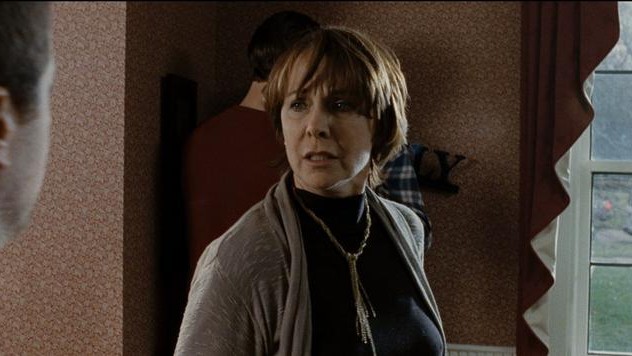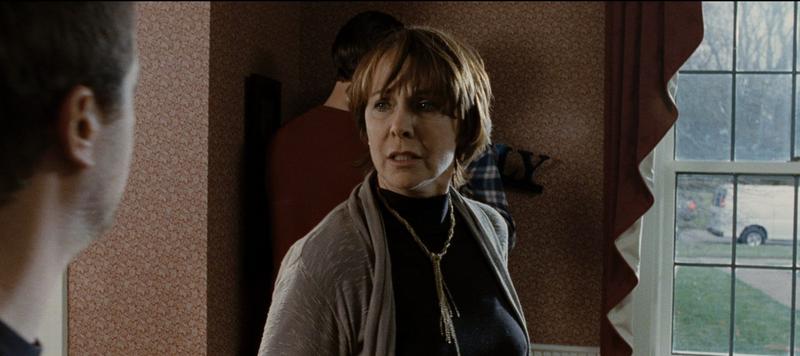It’s 2002 in Rochester, New York, and the Valentino family have four grown children who are all facing their own battles and trying to make ends meet. The parents, Nora and Mitch (Kathleen Quinlan and John Doman) and their oldest son Christian (Orange is the New Black’s Pablo Schreiber) anchor the story, while two major events progress the film: the marriage of their daughter Max (Sabrina Gennarino) to Andy (Darrin Henson), and Mitch and Christian trying to pull their family business out of debt. Through the entire film, there is a constant tension hanging in the air, and some hints that there is more to this family than we know.
Even from the synopsis, the first thing to notice is that the film juggles an enormous ensemble cast, each with their own storyline. There are eight characters who are given focus, which ends up delineating the narrative. In this sense, the film feels more like something made for television, without a clear through-line as to what the message of the film is, because a movie runtime isn’t enough to finish any of these stories. Toward the end of the film, the main message is revealed, but it lacks the build-up or punch that it could carry because it’s a plot point the audience hasn’t even seen as the main part of the story. Personally, I had been focused on other elements and didn’t realize until after the big reveal that I should have even been looking for that.
The ensemble offers a diverse slate of actors each with moments to shine and promises further potential in the future for all parties involved.
To make matters worse, a lot of these stories don’t quite add up. There’s an aunt character (based closely on the writer’s true life) who feels completely expendable to the film’s forward motion. Yet she gets plenty of screen time, including a quick romance that has nothing to do with the family. In an interview, writer Sabrina Gennarino stated that this was based off of a real character in her life (as are most of the protagonists), but this is a perfect example of a character that adds little to the story and could be left on the cutting room floor. Some worse examples are sequences that don’t make sense. Nicky (Adam Scarimbolo), one of the brothers, refuses to serve a customer for a reason we assume we’ll find out later, but never do. A fight ensues, but without knowing why, it leaves little personal impact. With a sprawling ensemble cast, these little character errors add up more than enough to become distracting.
As a drama, the film is effective in that it isn’t difficult to connect with what the characters are going through. However, like many movies billed primarily as a drama, there isn’t much to make light of in the film. It feels thoroughly moody to the point of melodrama. While After does feel like the honest and personal film it has set out to be, its pitfalls are many, and enough to detract the viewer from connecting to the characters. However, the ensemble offers a diverse slate of actors each with moments to shine and promises further potential in the future for all parties involved.
H. Nelson Tracey
Nelson is a film director and editor from Denver based in Los Angeles. In addition to writing for Cinemacy, he has worked on multiple high profile documentaries and curates the YouTube channel "Hint of Film." You can check out more of his work at his website, hnelsontracey.com


